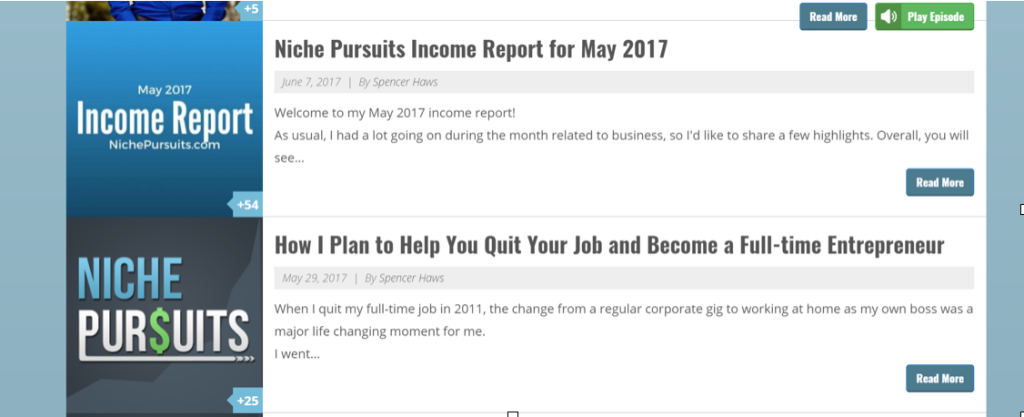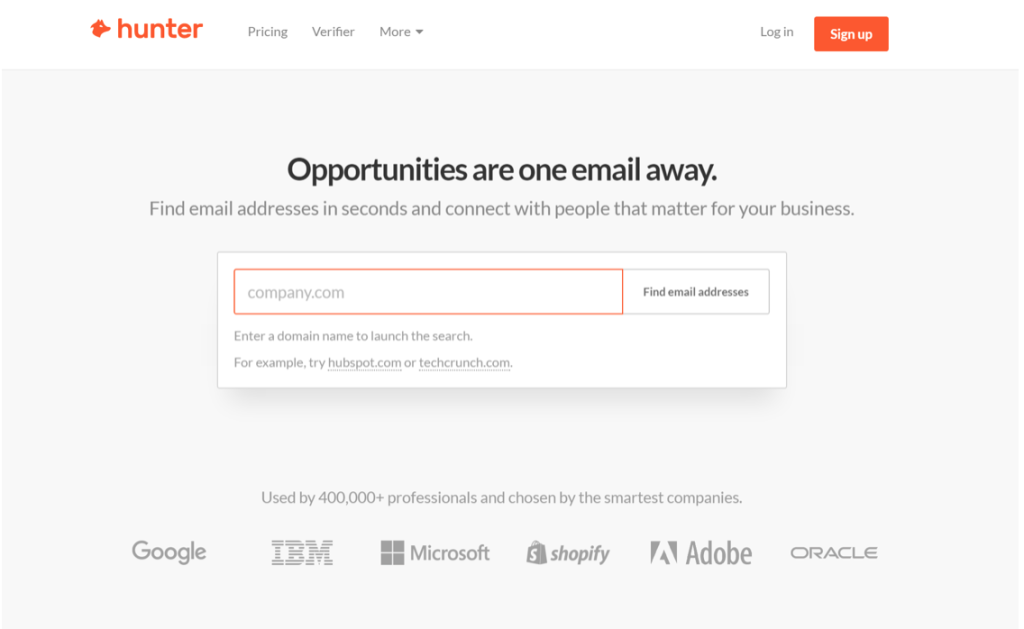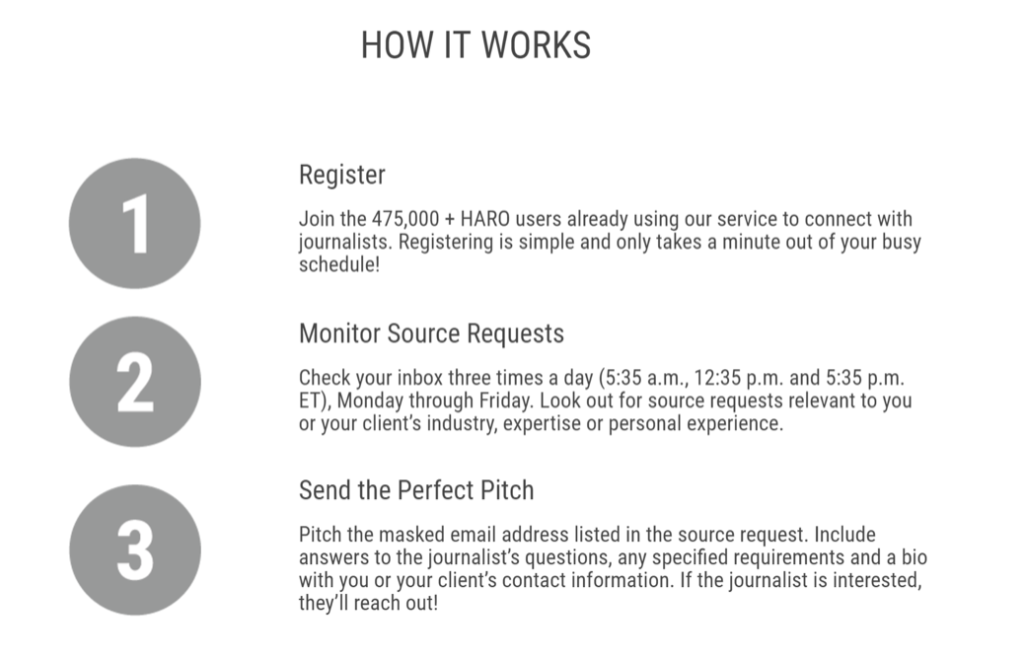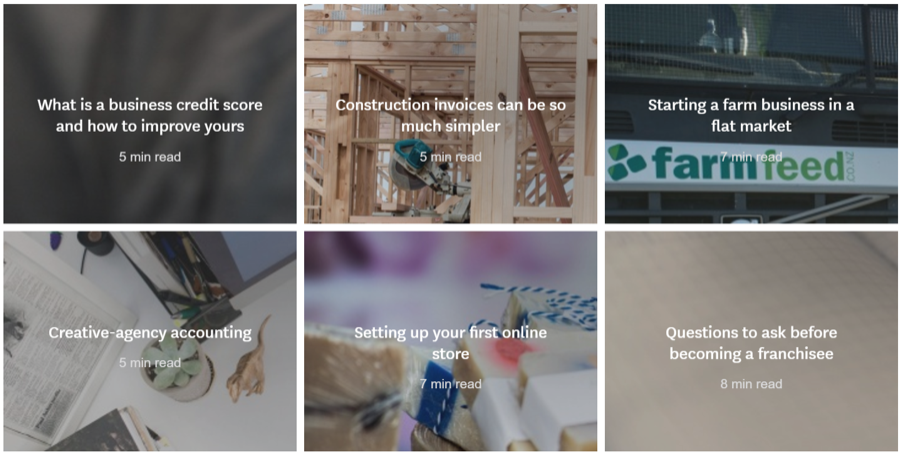Link building shouldn’t be something that happens in a vacuum — links need to be part of your digital strategy and overall marketing efforts. In order to build really valuable links that are going to make a difference, you need to think about contextual relevance and longevity. What will this link achieve for my brand? What other metrics should I be tracking? Don’t get so bogged down by SEO incidentals that you forget to look at the bigger picture. ROI, longevity, and brand consideration need be lie at the heart of any SEO activity. Here is how you can start to structure your link building around the things that really matter.
Contents
Laser-focus on your niche
One of the best ways to earn natural backlinks and mentions online is to become the go-to expert for a specific topic. By differentiating yourself from the crowd and letting go of your ‘generalist’ brand, you can start to build a solid fanbase and community.
Being a specialist pays off online. If you are there to answer people’s questions, no matter how small or random, you will quickly become a niche expert. Start by sending out requests for questions, or getting involved in social media #chats to build a clear picture of what people are talking about. Then, create targeted content (speedily) that answers their key questions.
Content like resource lists, definitions, myth-busters, pros and cons, guidelines, and templates are perennially popular when it comes to earning backlinks. Start to build out a proper resource library that users can navigate, and encourage people to link to it via email and social media.
It’s very important to specialise from an SEO perspective, but it can also help you from a branding and business perspective. A confused and diffuse brand will put people off — you want something that’s more targeted.
The major plus point of this strategy is that people will actually start outreaching to you — asking you to contribute to publications and blogs to get your take on things.

Spencer Haws from Niche Pursuits has built a solid brand and content library all around the his core topic: niche websites and making money online. His balance of inspirational and actionable content is coupled with complete transparency in the form of monthly income reports. By covering every possible issue that niche site-owners might have, Spencer has created a consistent and powerful brand. As the popularity of niche websites and affiliate marketing took off, so did Spencer’s brand.
Secondary link building
A lot of brands get hung up on building links back to commercial pages or categories, and forget that building links back to resource pages or off-site content (links to backlinks) are just as important.
One way to increase the power of an already powerful backlink is to build secondary links back to that original backlink. Getting mentions for a big link can be achieved in many different ways, but probably the most effective one is journalist or blogger outreach.
How to achieve a link? You can include a ‘featured in’ section in your author byline, or drop a natural reference to the published content in a relevant post.

Hunter.io is a great email management tool you can use to track down contact details for niche online publications and blogs.
Getting close and personal with the media
Digital PR is a fantastic way to build links and get some natural brand coverage, but it can be daunting to reach out to big sites for the first time on your own. You need to get good at interacting with the media, pitching to journalists, and dealing with editors. (This process is often best managed by people who write the content). You need to have good negotiation skills (and some charm too) to be able to ‘sell’ your story.

HARO is a great way to do reactive PR, but outreaching to news outlets yourself is a great way to control your media coverage a little bit more. Outreach requires a lot of skill and dedication, but it’s a growing SEO strategy that is providing great growth and brand uplift opportunities.
The number one thing you need to sort out before dealing with the media? Your story. It needs to be good, and you need to get to the point fast. Don’t waffle and beat around the bush — lay your cards out on the table and be honest.
Galvanise a community around your business
Working with influencers can be a lot more than just throwing money at #sponsored content. If you can pull it off, creating a community around your business can be a really profitable strategy.
Could you hire a community manager? Integrate people’s social media posts into your site? Collaborate with people on content?
Look around you for different ways that big brands have worked with bloggers and influencers, and see if you can replicate that on a smaller scale. (And don’t neglect the power of micro-influencers too).
Create something others want to link to
You need good content on your domain, not just to increase your website’s relevance and authority, but also so that inbound links have somewhere they can ‘stick’.
Running a blog on your domain is a great idea for SEO, but it’s not really something that screams ‘wow’ as a content asset. You need to think beyond a weekly update to content that’s going to be evergreen and interesting beyond what’s in front of you right now. Focus on real expert coverage, actionable advice, and mega-posts rather than generic updates.
Keyword research is a good place to start if you’re stuck for asset ideas — it will probably unearth what assets your audience are craving. Competitor research is another good place to start — you just have to try to ‘do one better’. A tool like ahrefs can help you manage this process with ease and help you scale it out to other team members and VAs. (Check out this review of Semrush — another viable alternative).

Xero’s small business guides are a great example of how you can elevate a blog post and make it into a more comprehensive guide. Xero have looked across a wide range of small business and accountancy themes and built actionable content around the main ones.
Just be helpful
Broken link building on a scale has been done to death by hungry SEOs, but it’s still possible to get out there and offer to help people out (in exchange for the link). Updating old content with the latest research, or creating a custom graphic for a page are two simple and effective ways to get good links. All you have to do is identify potential target sites where you know you can make a positive difference, and then send them an email with a clear value proposition.
Links like these which are based on a mutual value exchange are also good for your brand’s PR; you can achieve some links from very powerful domains this way.
Use data & visuals
SEOs and marketers are increasingly embracing the power of visual content — and it’s easy to see why. As design software becomes more sophisticated, even small teams can create impressive and professional graphics and infographics.
The two biggest things that tend to go wrong with infographic link building? An infographic that is ‘ugly’ and goes against the design and UX principles of the host site, or an infographic that doesn’t deliver on its headline. You need a well-designed graphic that doesn’t look too ‘wacky’ (don’t make your branding overbearing, and keep it neutral), and you have to ACTUALLY do research in order to provide readers with useful data (not just a rehash of things everyone already knows).
Other visual linkable assets to consider using as link building assets: slides, images, cartoons, illustrations, maps, graphs, GIFs — the list goes on.
Contextual relevance
Contextual relevance is super important. Don’t just go out chasing for sites based on their metrics — look at the contextual relevance of the site, including its content, its own backlinks and any other outbound links. The best site isn’t always the one with the best metrics and the biggest reach — but the one that’s most contextually relevant to you.
Fix your site and be mobile-ready
Keep coming back to ROI and make sure all your digital activities contribute towards an overall goal. And don’t neglect the importance of conversions, UX, and lead generation as well — endlessly upping web traffic won’t get you very far if your on-site experience is poor.
Sometimes in order to get better outreach results you may need to build out part of your site again — there are only so many things SEO can achieve. First impressions count, and busy editors aren’t going to link to a site that’s slow/they can’t access/looks bad/isn’t responsive.
Give people the best possible first impression of your site, and recognise that many people will be accessing your site on mobile for the first time. Outside of outreach, mobile usability is becoming increasingly essential (especially for ecommerce conversions) so invest in a site that’s fully mobile-ready, build your own mobile store (if you have the time), or configure your website for mobiles (more details on mobile and WordPress here). You might even want to consider whether mobile app development is for your brand. The best type of SEO strategy takes into account UX considerations, so keep an open mind. What happens on-site is crucial to off-site link building success, and will have a massive impact on ROI and brand longevity.
Setting an overall link building budget
You will probably need to assign some specific budget to link building. It’s totally possible (and sometimes advisable) to collect links naturally and at a slower pace as a byproduct of content marketing; but if you are looking specifically to build links then you will need an outreach budget and workflow. Links don’t just happen — you have to work for them.
Links are important, but they’re not the whole story. You need to consider your online brand from a holistic viewpoint. Just going out and building a tonne of links isn’t going to make your domain skyrocket if you aren’t also reviewing your on-page. What’s your biggest SEO goal right now?
Gareth Simpson – Technical SEO & Startup Founder 
Gareth is an SEO pro with over a decade in the industry. Now based in Bristol, his specialisms are outreach and branded content. You’ll find him at his desk, drinking green tea and working on his latest campaign.
